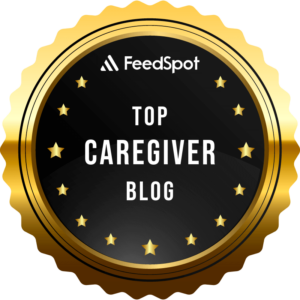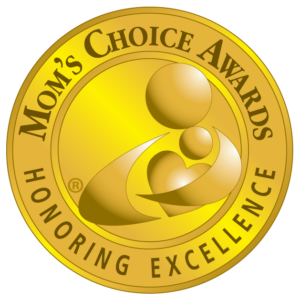
Published on:
As I meet with leaders of care organizations all over the country, I’ve noticed common management challenges across the various provider types. Leaders who work in acute care, long-term care, home care, senior living, and the intellectual/developmental disability sector are all facing a shortage of direct care staff as well as budgetary demands of doing more with less. Many of them say that it’s hard to foresee a change in these conditions.
Amid this environment, leaders of care organizations should think beyond perks and paychecks in deciding how to recognize their front-line caregivers. The best ways to recognize your professional caregivers without spending lots of money involve tapping into the rewards that are inherent in caregiving, including intrinsic motivational factors.
At its core, caregiving is about humans helping other humans. Many professional caregivers got their start based on the motivation to make a difference in someone’s life. In fact, this is such a pervasive motivational factor in the caregiving workforce that I find it surprising leaders don’t do more to acknowledge—or even celebrate—instances where their front-line caregiver made a genuine difference.
One caregiver who worked for my home health company made a genuine difference on Thanksgiving Day at a client’s home. After clocking out, the caregiver spent their own time and money to cook a Thanksgiving meal, complete with turkey and mashed potatoes, for the client. That single act prompted me to create a heartwarming recognition program that celebrates exceptional caregiver service. The resulting “Hand and Heart Award” became prevalent in our company culture and a source of pride among our caregiver recipients. In fact, I continue to honor outstanding caregivers with the Caregiving Kinetics “Hand and Heart Award” in organizations I visit today.
It only takes conscious thought and a little bit of time to find situations where a professional caregiver genuinely helped the person they care for. Managers can identify such cases and highlight the caregiver’s impact, either in private or in public. Sometimes simply pulling your caregiver aside and privately telling them that you, as the manager, noticed their impact can be meaningful. If you want to take it a step further, you can offer this type of recognition in the presence of your caregiver’s colleagues.
Elements of successful no-cost or low-cost approaches to caregiver recognition include:
- SIMPLICITY. The simpler your recognition approach is, the easier it is to administer. I’d suggest taking an approach that can be replicated over and over again; a simple but repeated emphasis on recognition will clearly tell your caregivers that you see them and the work they do.
- SINCERITY. Your caregivers will be touched by your sincere and specific recognition of their good work. Disingenuous forms of recognition may have the unintended consequence of deflating your caregivers, but sincerity will strengthen ties between you, your caregiver, and your organization.
- SHAREABILITY. Recognizing your caregiver in the presence of others can engender positive feelings for the caregiver, members of your team, and those who care about the caregiver or potentially the care receiver. Shareability means circulating news of your caregiver recognition, whether it be in person or electronically.
- SYMBOLISM. The great thing about symbols is that they implicitly convey the values we share as human beings. When you incorporate symbolism into your caregiver recognition program, you are subtly reinforcing the ideals you want to prevail in the workplace. Consistent use of care-related symbols can influence organizational culture and communicate a deep understanding of your caregivers.
Please note that by writing this post about no-cost or low-cost ways of recognizing professional caregivers, I’m not suggesting that monetary rewards should be abandoned. Quite the contrary! Every caregiver appreciates a pay raise or a bonus. However, when the budget is tight, monetary rewards may not be possible. Monetary rewards can also be impersonal.
Non-monetary recognition that incorporates simplicity, sincerity, shareability, and symbolism can be particularly meaningful for your caregivers and have a positive effect on your organizational culture. For this reason, I’d urge you to expand your no-cost or low-cost caregiver recognition efforts; you and your caregivers will be glad you did.
Posted in Organizational Caregiving






